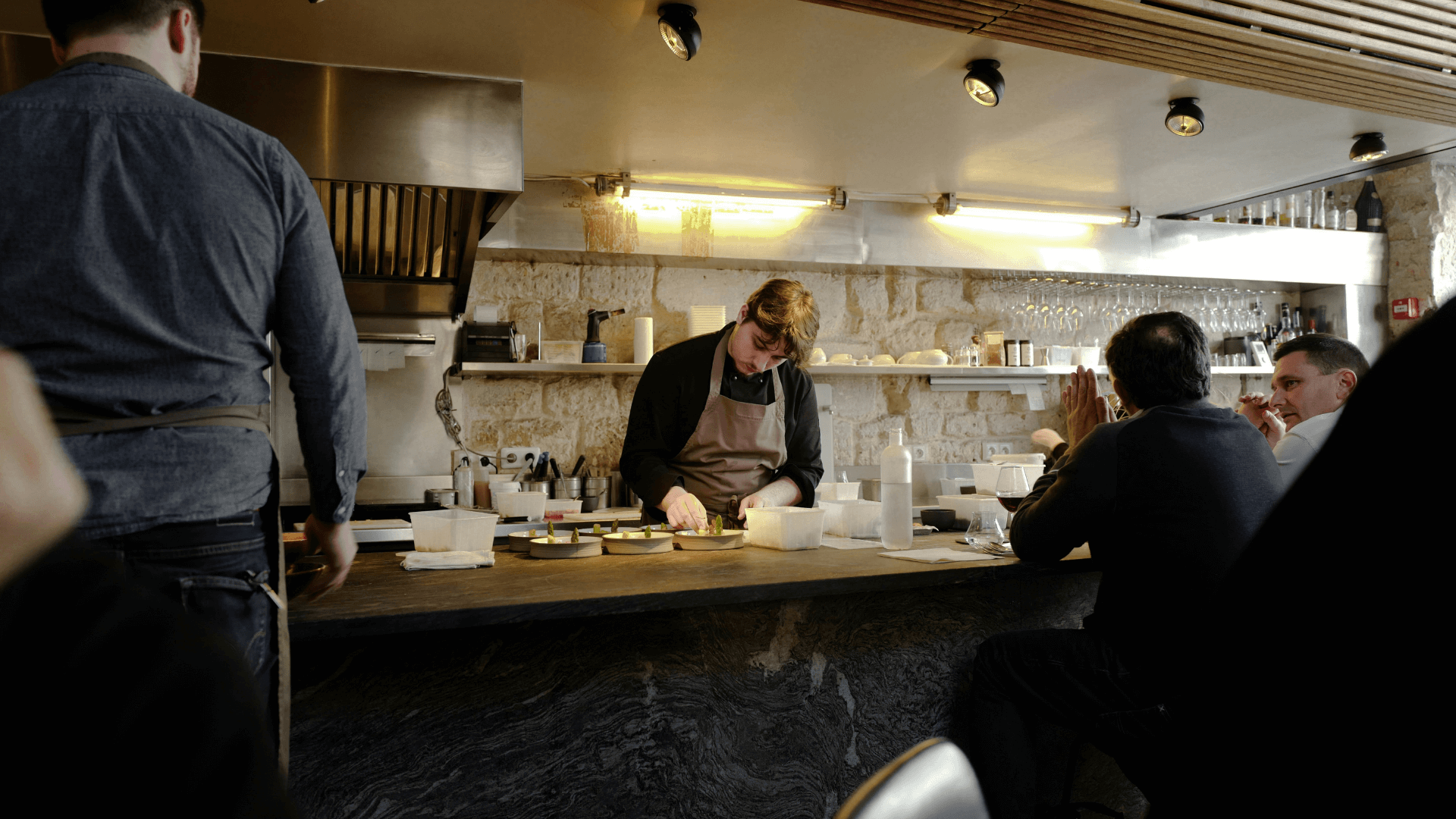Flexibility, agility, diversity, continuous learning, and a unified objective all serve as the fundamental cornerstones for establishing an efficient brand. Keen observers readily see when restaurant personnel need refinement or enhancement – a process I term “finessing”.
However, in many cases, restaurant management may not prioritise offering professional growth opportunities to their staff. Concerns about return on investment or the difficulty of allocating time for staff development often arise.
Happy staff make happy diners
An exception to this trend is the Manor House restaurant in Stanford. Here, rather than focusing on winning awards, they win the hearts of their team first and then their diners’. Staff are hired based on their genuine love of serving others with a positive attitude.
Rather than having an Executive Chef, the entire kitchen team collaborates to craft a seasonal menu that showcases local products. The change of seasons also provides opportunities for management training, ensuring seamless coordination between the front-of-house team and the staff in the kitchen. Everyone tastes the dishes, gives feedback, and engages in discussions about diners’ preferences, gathered from their Dineplan reviews.
Aiming for peak performance must be initiated by leadership. If leaders, often represented in a restaurant by the Head Chef and supervisors, are out of tune with their team’s needs, the foundation becomes shaky. It’s unrealistic to expect the waitstaff to exhibit passion, engagement, dedication, and excellence without proper training.
Top-down initiative
The first step is to train leaders and managers to train the staff effectively. By encouraging them to hire people based on attitude rather than aptitude alone, the foundations of the restaurant are strengthened. The most impactful results often stem from conducting high-performance training sessions with the entire team, with active participation from the leader. This approach fosters team building, inspiration, and knowledge-sharing from the ground up.
I am frequently asked how to cultivate a culture of excellence and a cohesive team. Here are four key things to keep in mind:
- Flexibility and agility: Service teams need to collaborate and be intuitive, adapting swiftly to patrons’ requests. They need to be able to think quickly, anticipate unforeseen changes, and genuinely heed their guests. At the Stanford Manor House, they make an effort to treat their regulars to their favourite dishes, even when they’re not on the new menu. This goes a long way in building loyalty.
- Diversity fosters teamwork: Establishing smooth coordination between departments is vital, whether it relates to marketing and finance in a sizable corporation, or the front-of-house and kitchen teams in a restaurant. Cultivating an optimal workflow reflects positively on cuisine, service, and financial outcomes. A deeper comprehension of diversity is essential, and only achievable when team members genuinely empathise with each other. A team comprised of diverse individuals leads to a more vibrant synergy, both on the floor and behind the scenes. During training sessions, it’s important to discuss how individuals are different, and how the whole group can embrace these differences and learn together.
- Continuous learning: The most successful restaurants are those where the Head Chef presents a multifaceted interpretation of what food means to each person. The flow of education should be both ways, as leaders gain insights into their guests by attentively listening to what occurs on the floor during each service.
- Unified vision: Enable your team to participate in decision-making and, most importantly, expose them to your competitors through organised outings to other restaurants as a component of your team-building efforts. This offers chances for both enjoyment and collective learning. While appreciating the fruits of another’s labour, analyse their accomplishments and seek feedback from your team on what impresses them. Then refine your own restaurant’s vision, together.
Unlock your team's potential
Uncover your team’s strengths, weaknesses, and untapped potential through Jenny’s specialised courses. Effective leaders invest in strengths, assemble the right team, empathise with their staff and guests’ needs, and excel in communication.


0 Comments